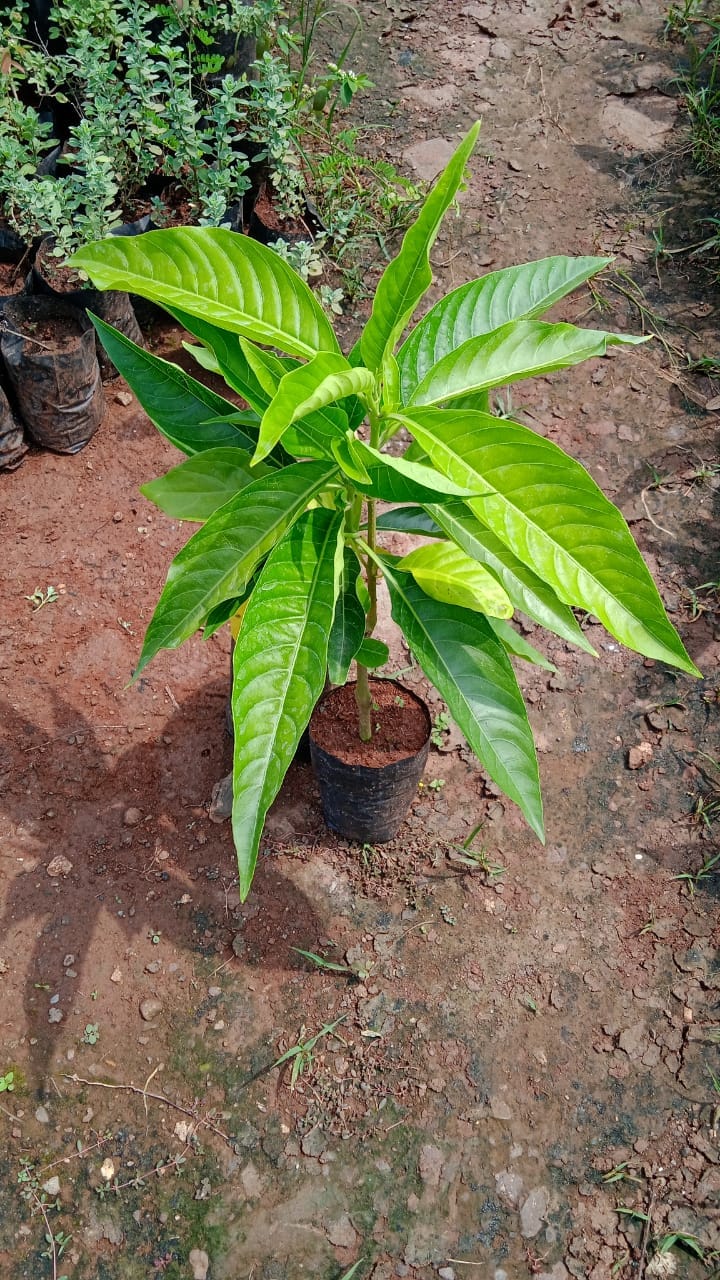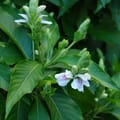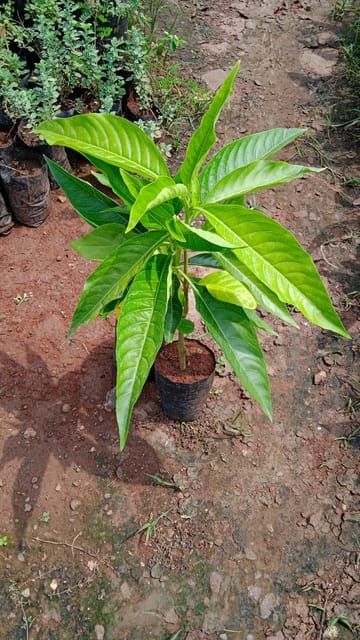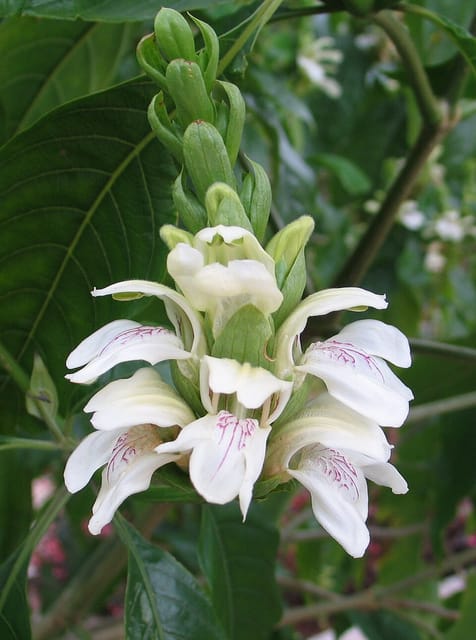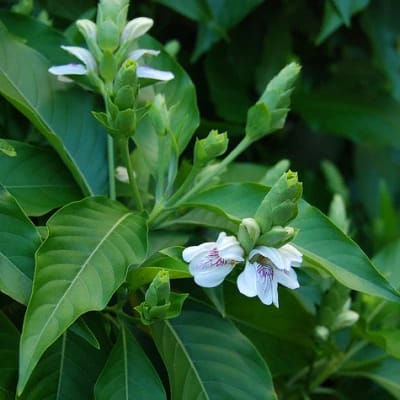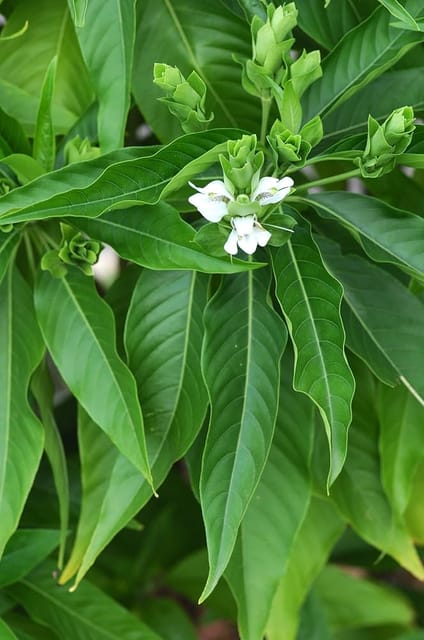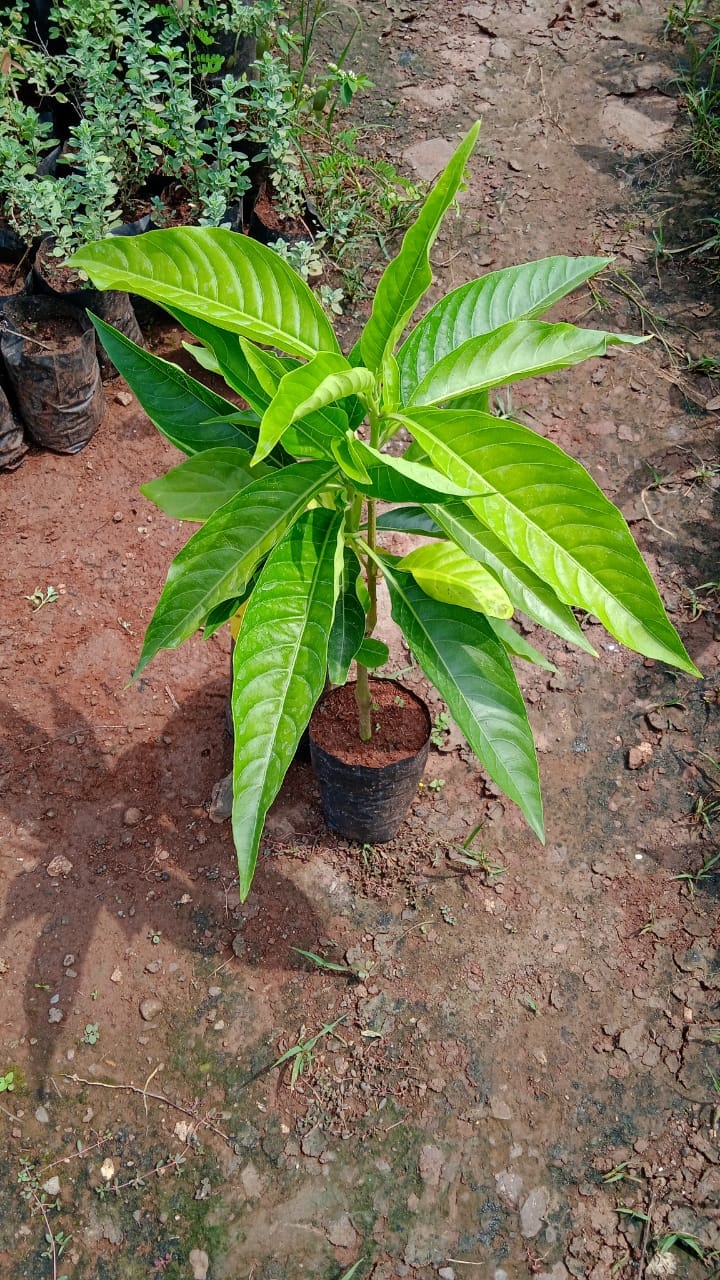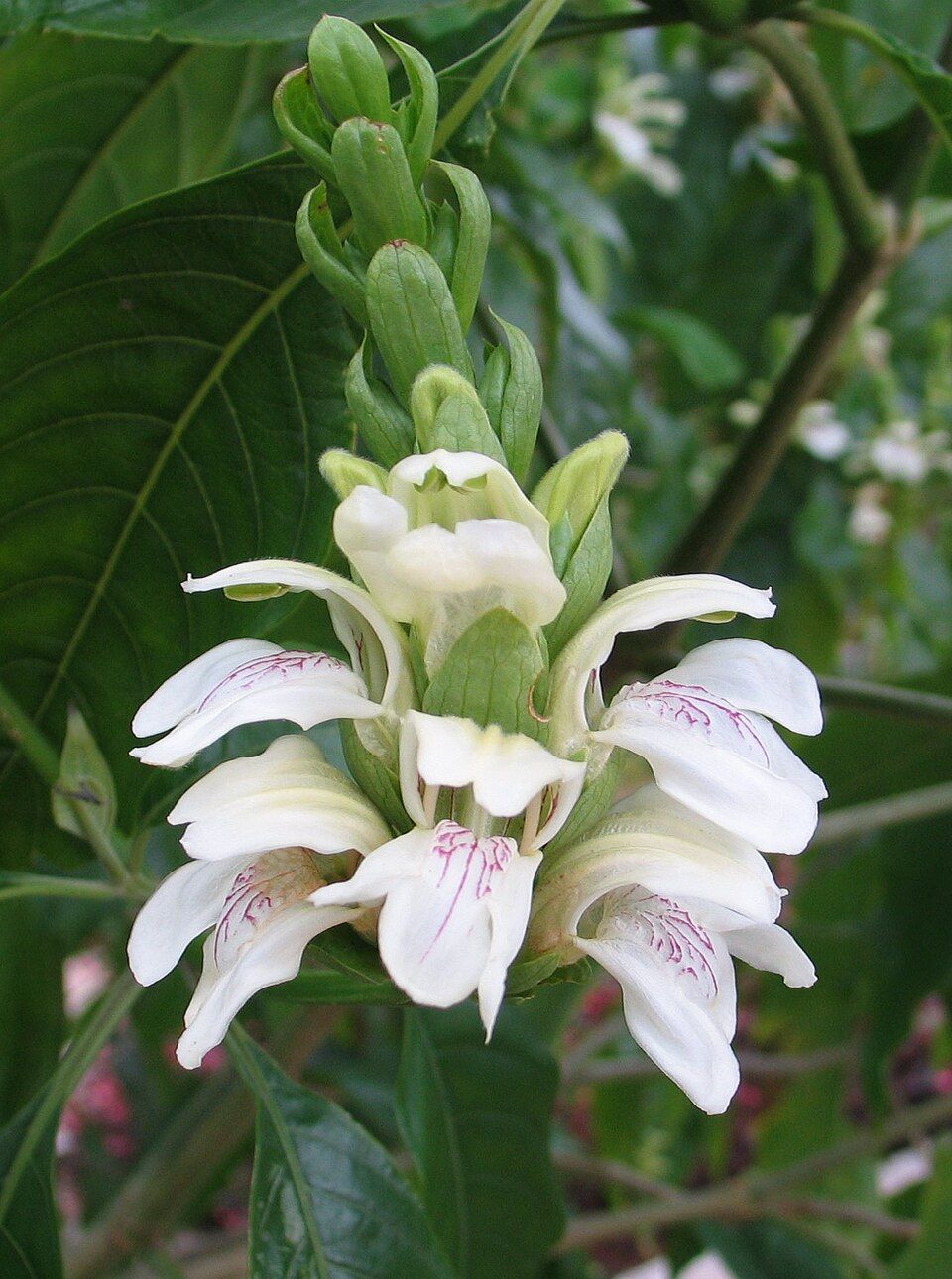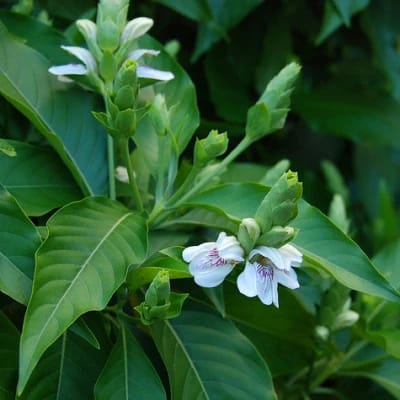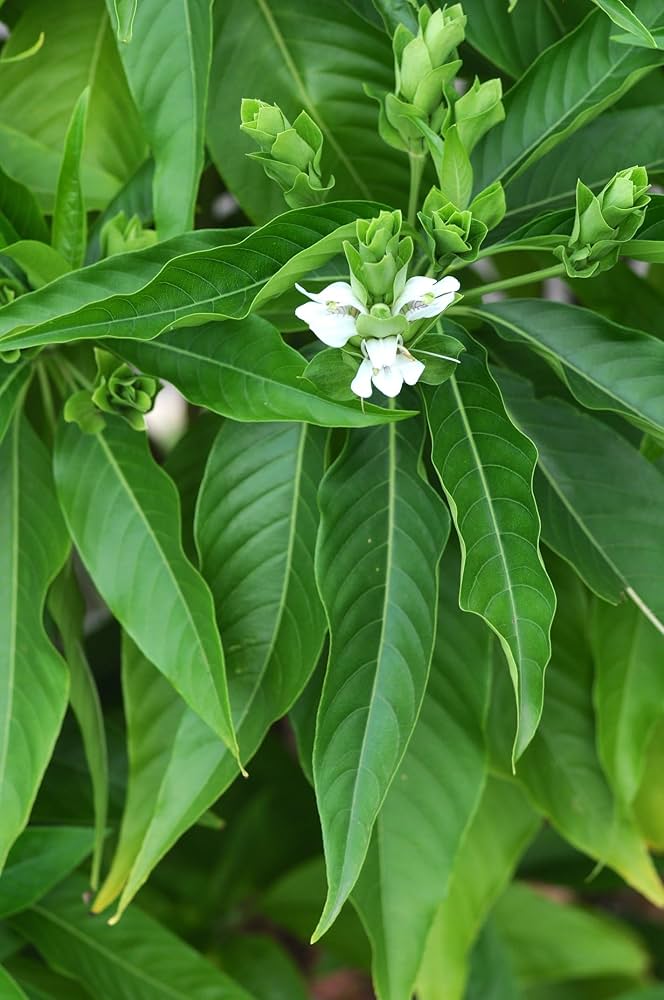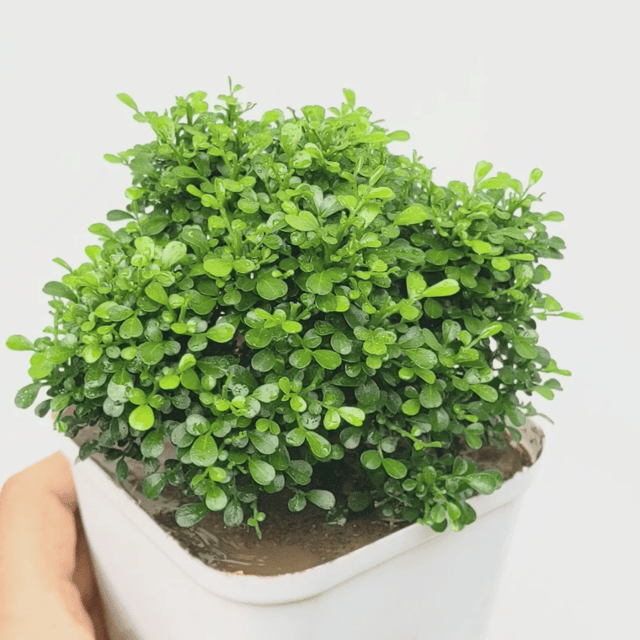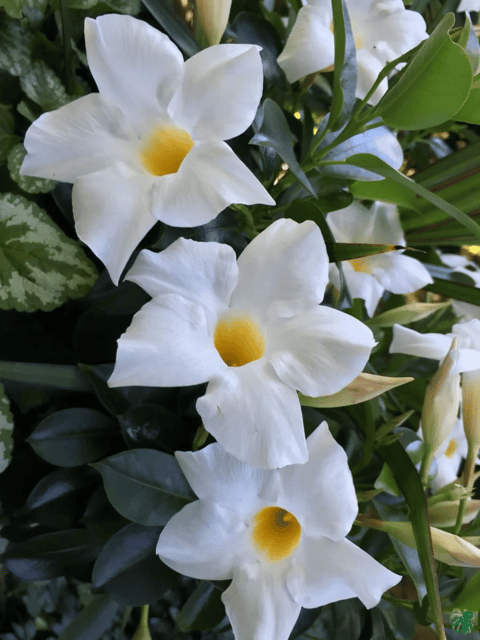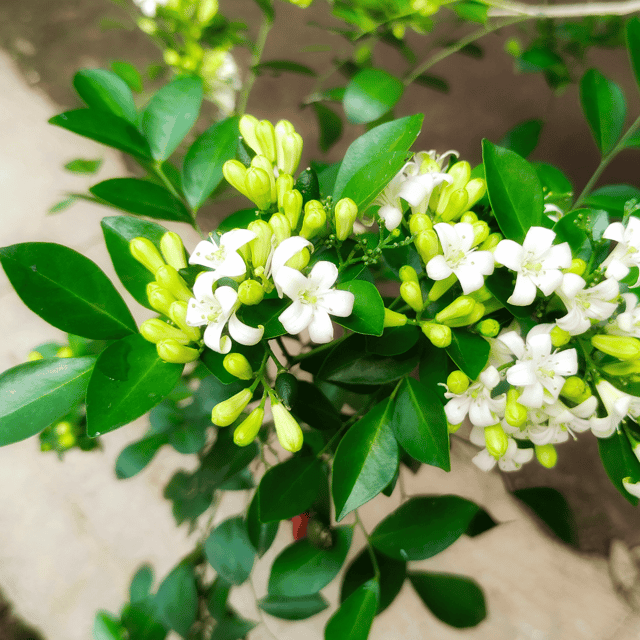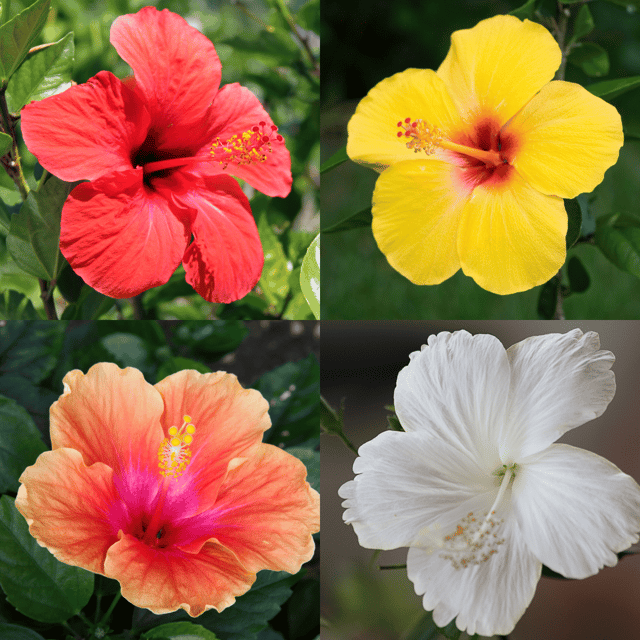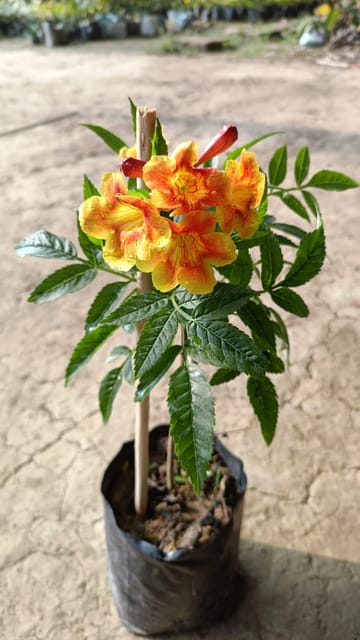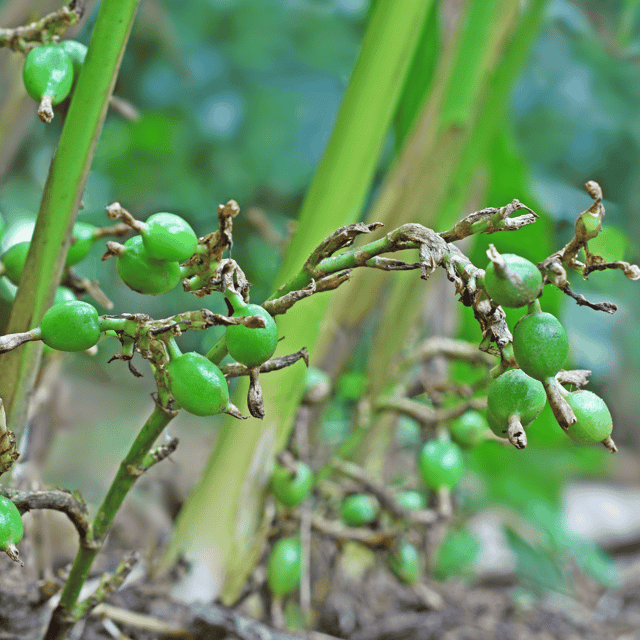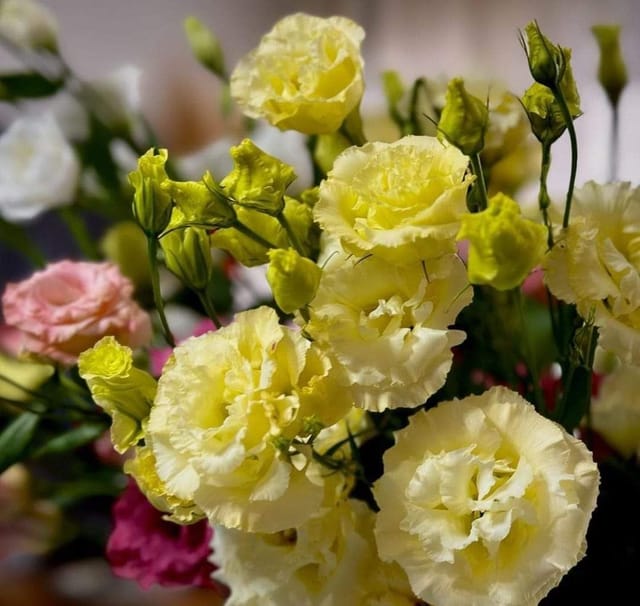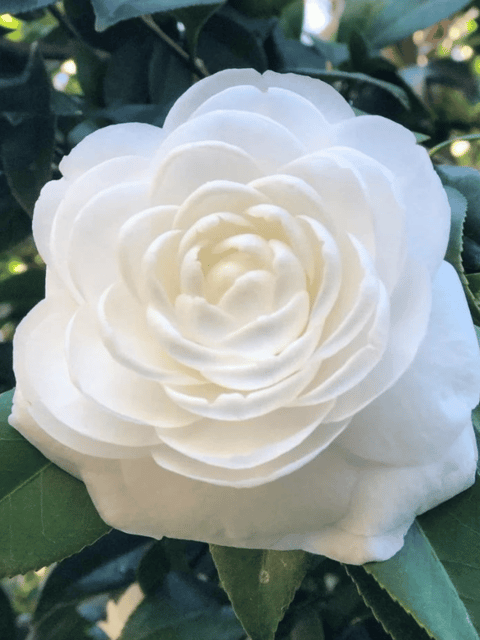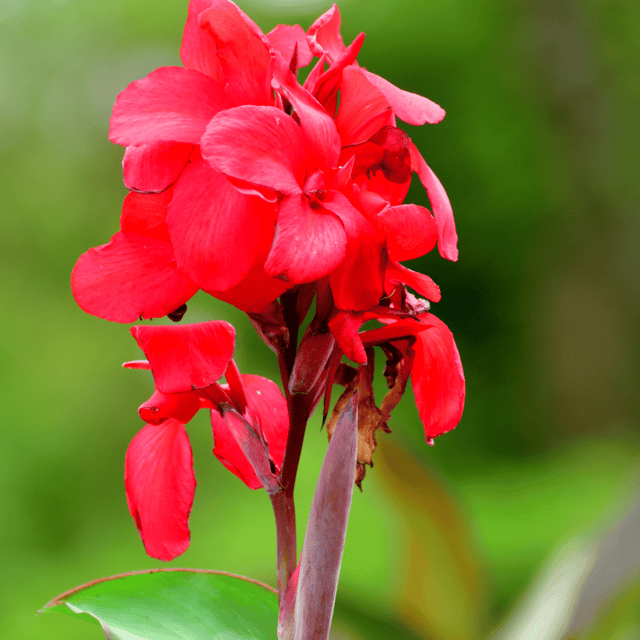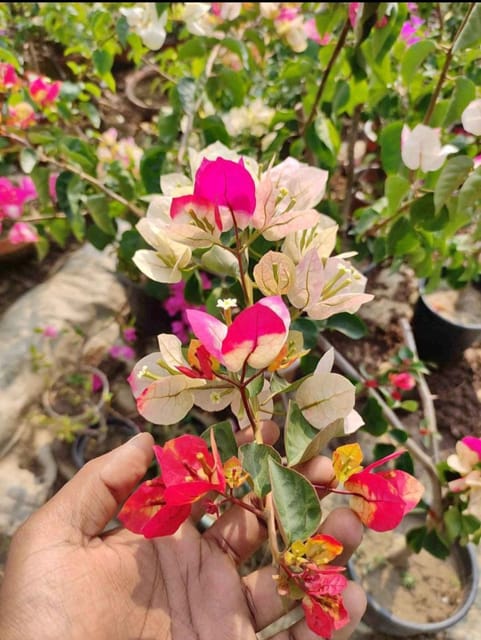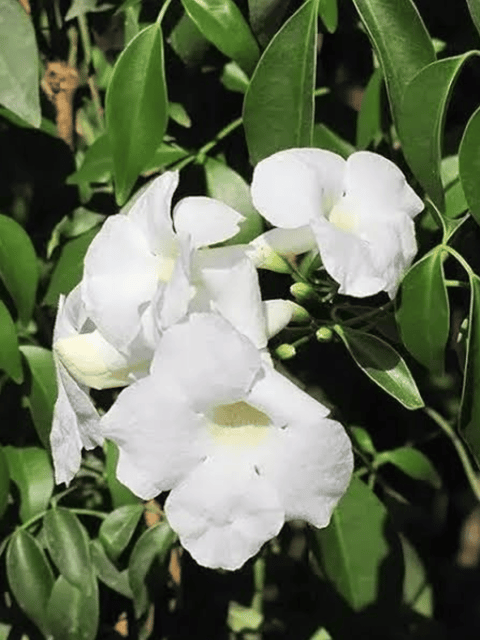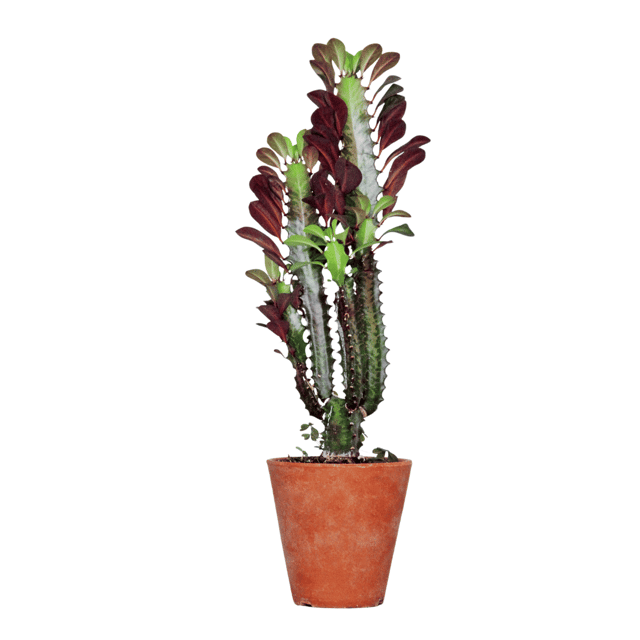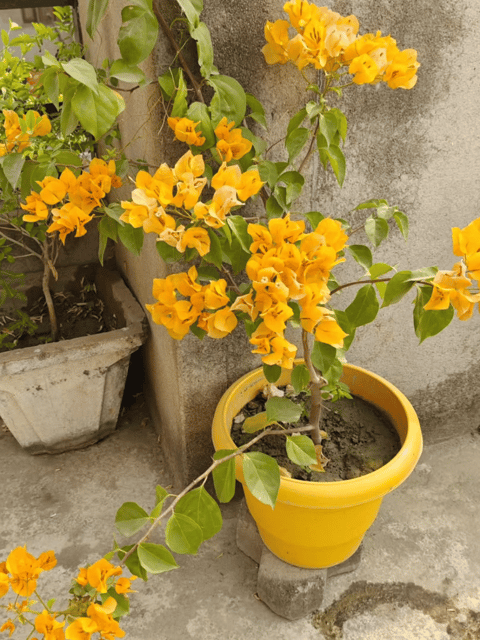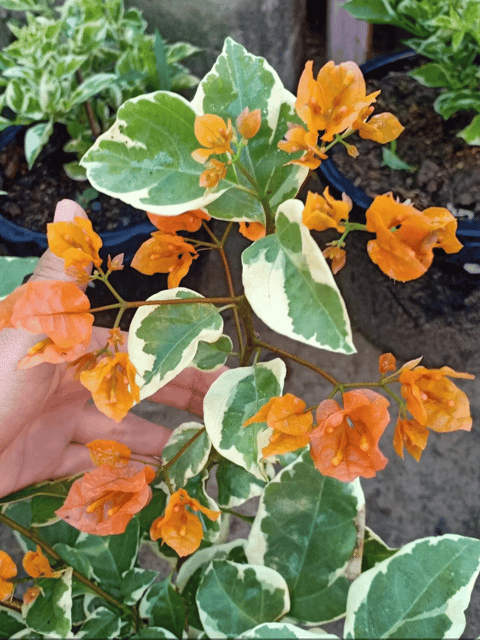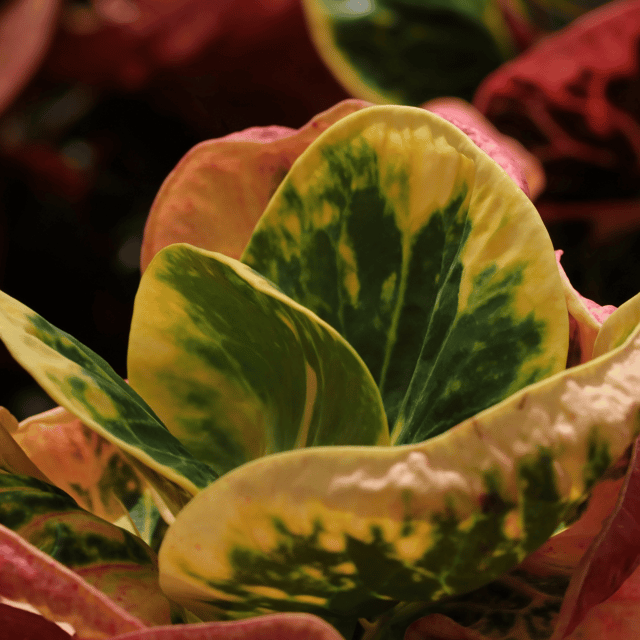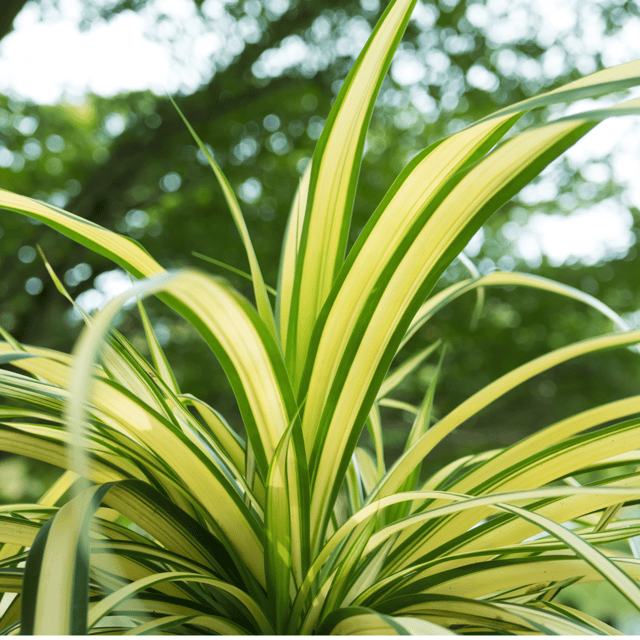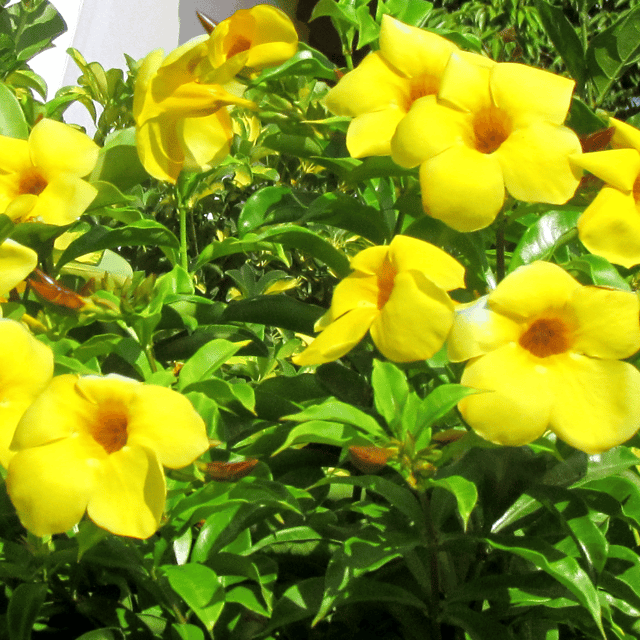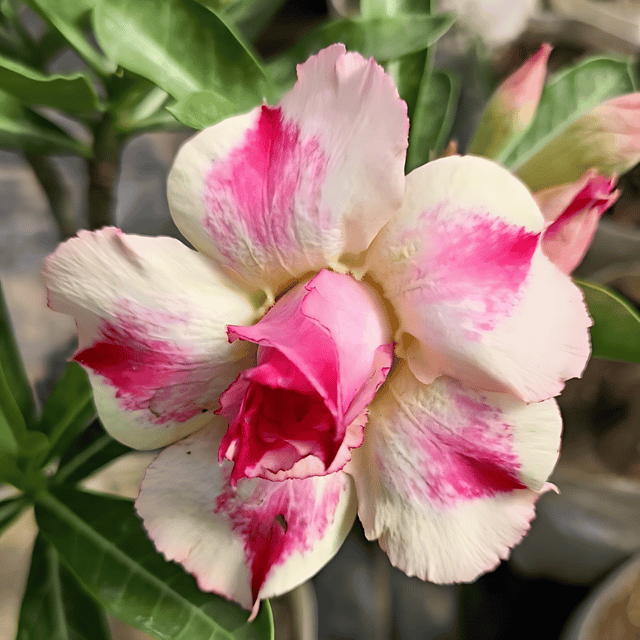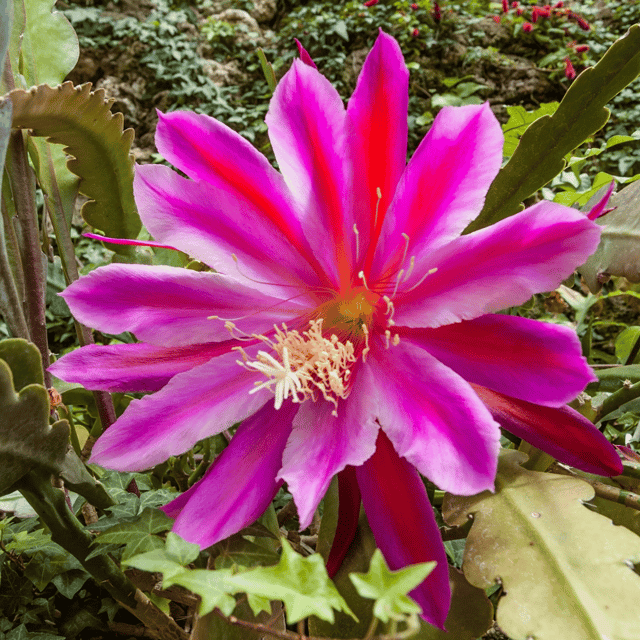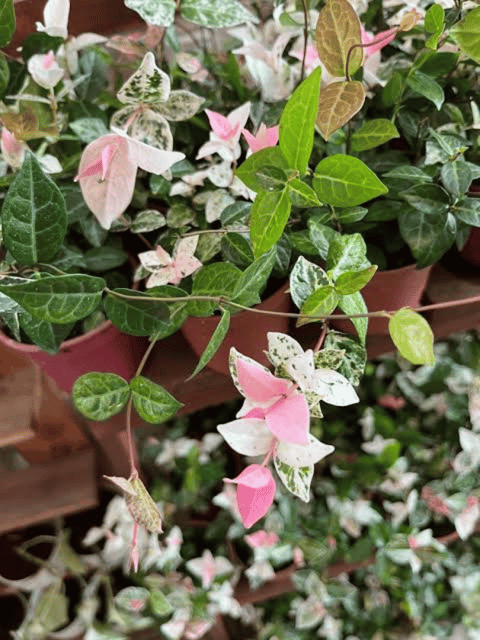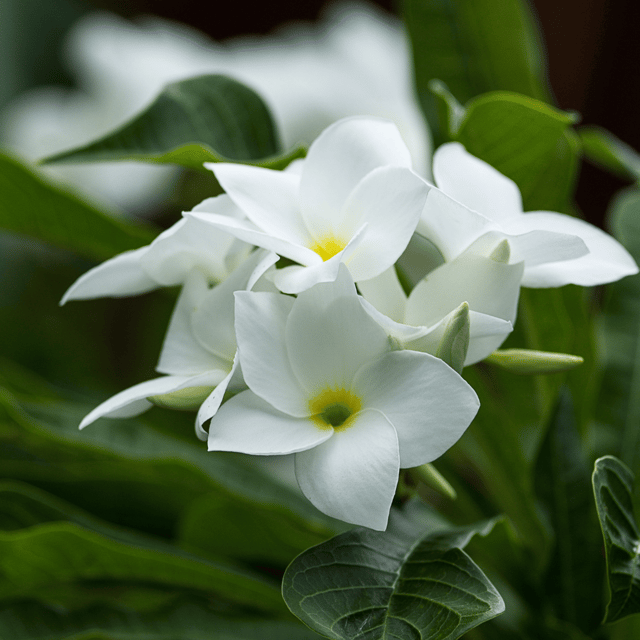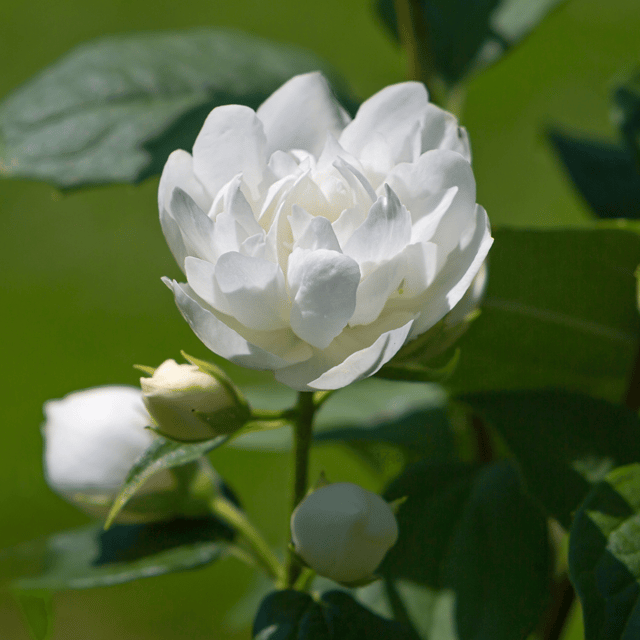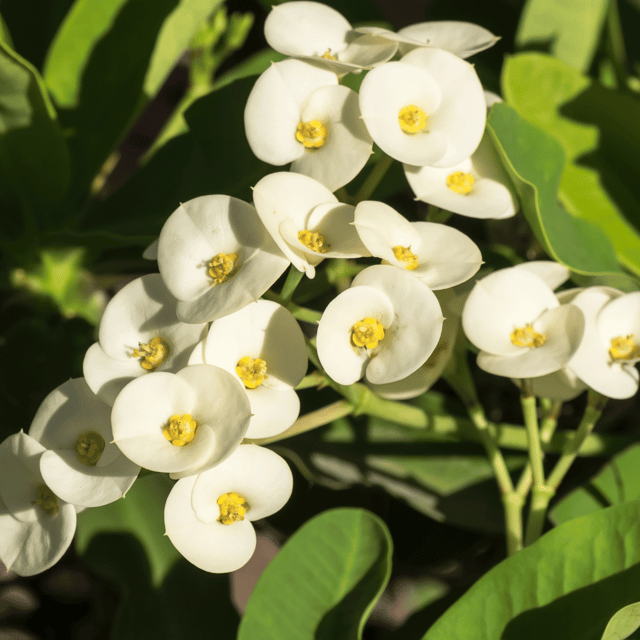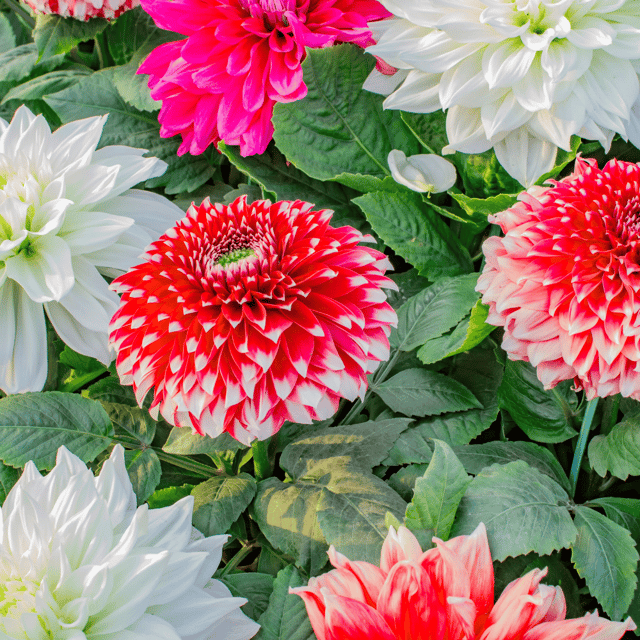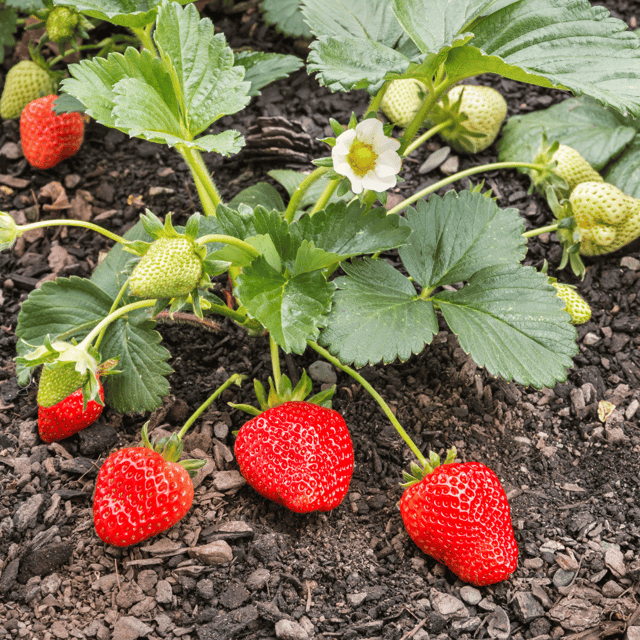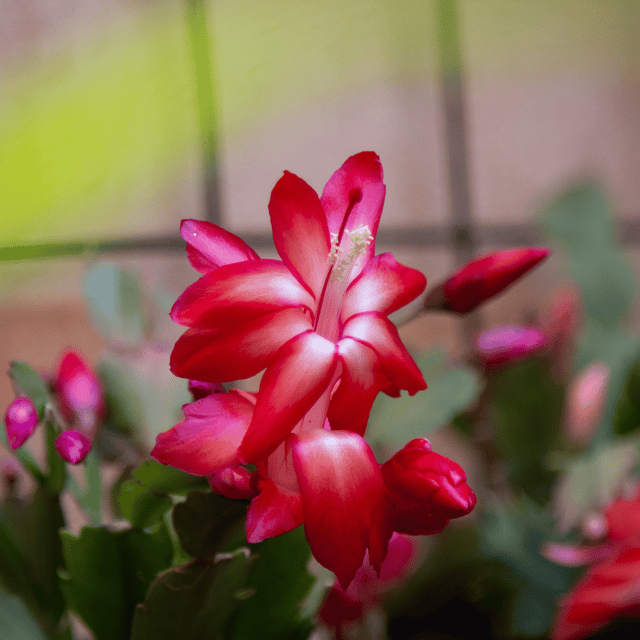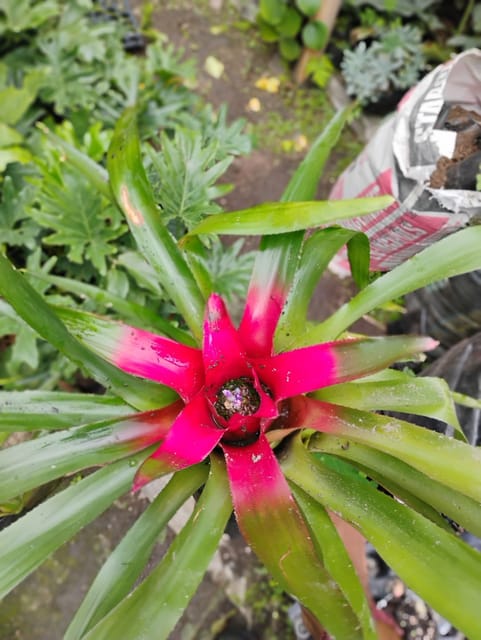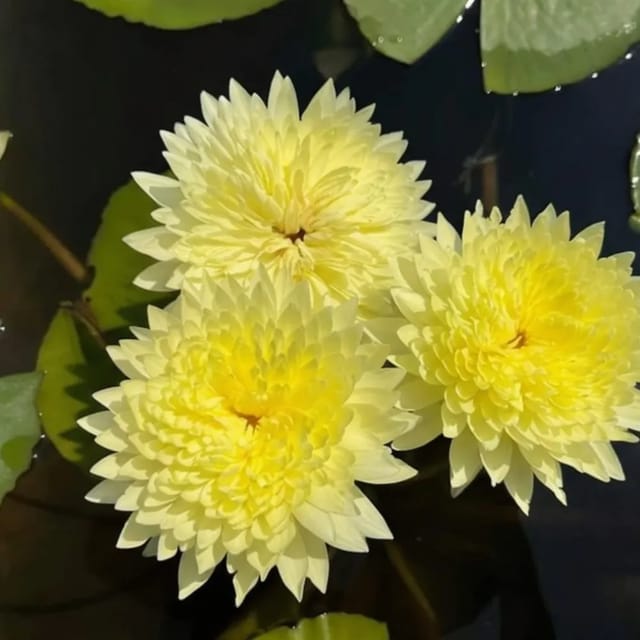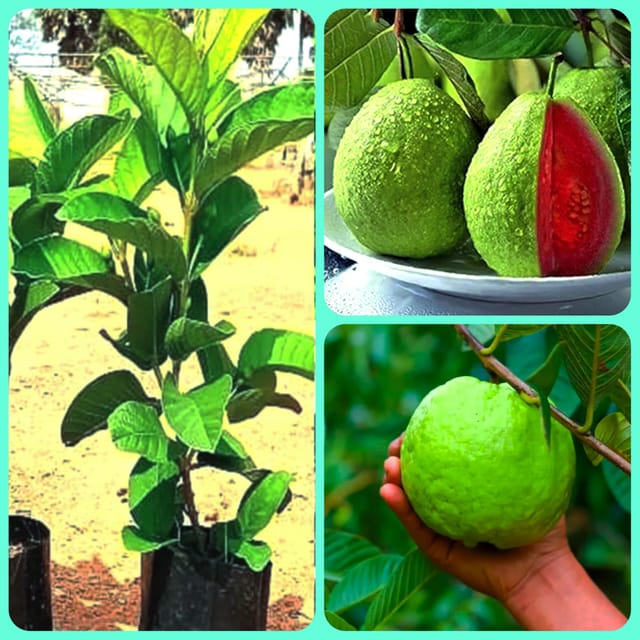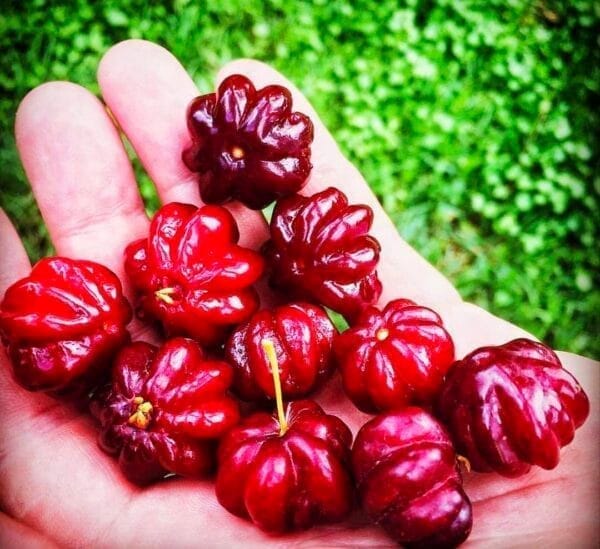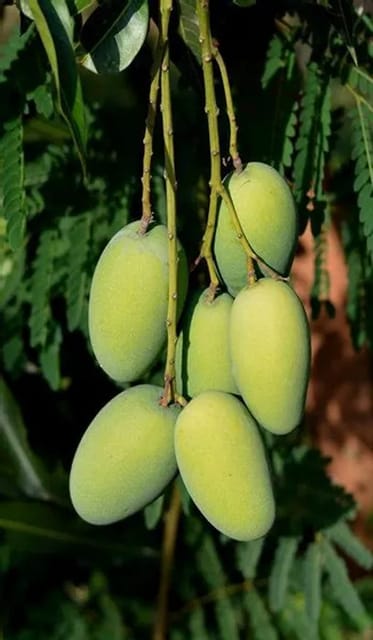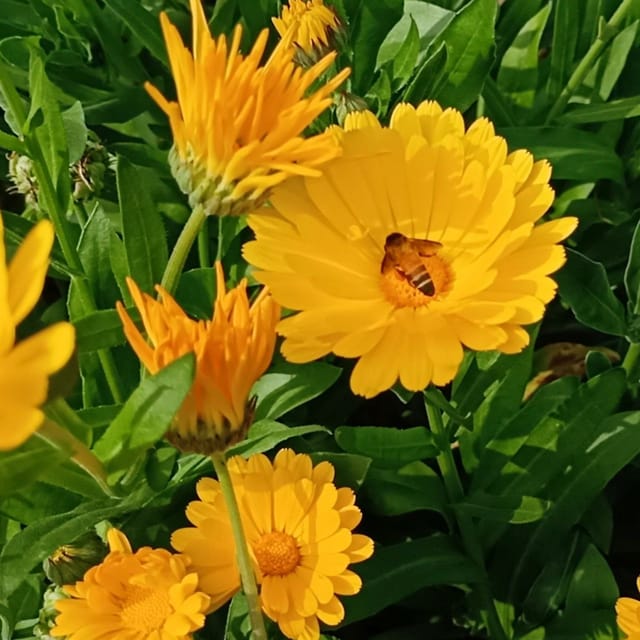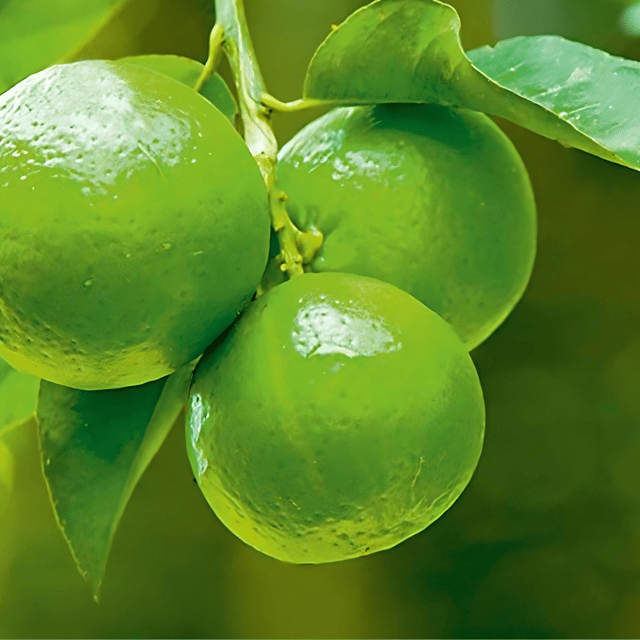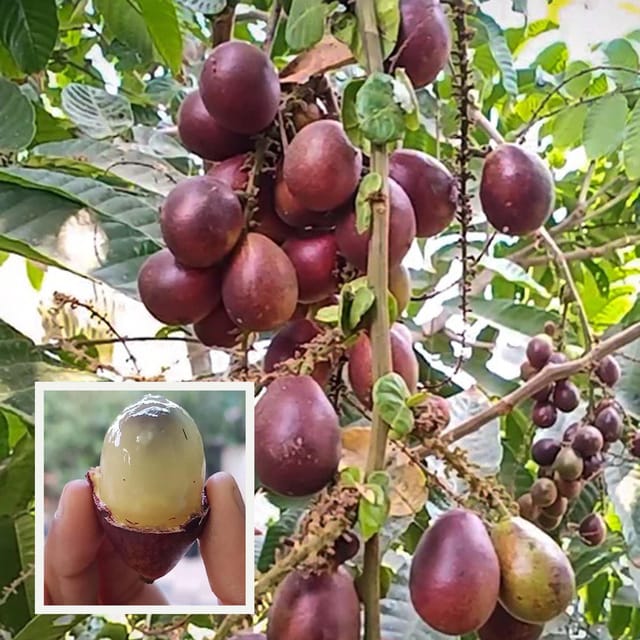🌿 Botanical Overview
Adulsa, also known as Justicia adhatoda or Adhatoda vasica, is a tall, evergreen shrub native to the Indian subcontinent, including regions like Maharashtra. Belonging to the Acanthaceae family, it thrives in tropical and subtropical climates. The plant features lance-shaped, opposite leaves that are smooth-edged and emit a strong, camphor-like aroma. Its flowers are typically white or purple, arranged in dense, axillary spikes. The bark is yellowish, and the fruit is a club-shaped capsule
🌱 Medicinal Properties
Adulsa has been utilized in traditional medicine for centuries, particularly in Ayurveda, for its therapeutic properties. The leaves, roots, and flowers contain bioactive compounds, notably vasicine, which contribute to its medicinal efficacy.
Key Benefits:
-
Respiratory Health: Acts as an expectorant and bronchodilator, aiding in the treatment of asthma, bronchitis, and chronic obstructive pulmonary disease (COPD) by clearing mucus and reducing airway inflammation
-
Digestive Aid: Stimulates the production of digestive enzymes, enhancing protein digestion and absorption Anti-inflammatory Effects: Reduces inflammation, providing relief in conditions like arthritis and muscle cramps
-
Blood Purification: Possesses blood-purifying properties, supporting overall health
-
Skin Health: The leaves' antibacterial and antioxidant properties promote better skin health
⚠️ Usage and Precautions
While Adulsa is generally considered safe when used appropriately, it is advisable to consult a healthcare professional before use, especially for:
Excessive use may lead to side effects; therefore, adhering to recommended dosages is crucial.
🌿 Forms and Applications
Adulsa can be utilized in various forms:
-
Decoction: Boiling the leaves to make a tea for respiratory relief.
-
Powder: Dried leaves ground into powder, often mixed with honey for wound healing.
-
Paste: Applied topically for joint pain or skin issues.
-
Juice: Consumed for internal health benefits.
-
Capsules: Available as dietary supplements for convenience
🌼 Cultural Significance
In Indian culture, Adulsa is revered not only for its medicinal properties but also for its role in traditional rituals and practices. Its presence in home gardens is common, symbolizing health and wellness.
